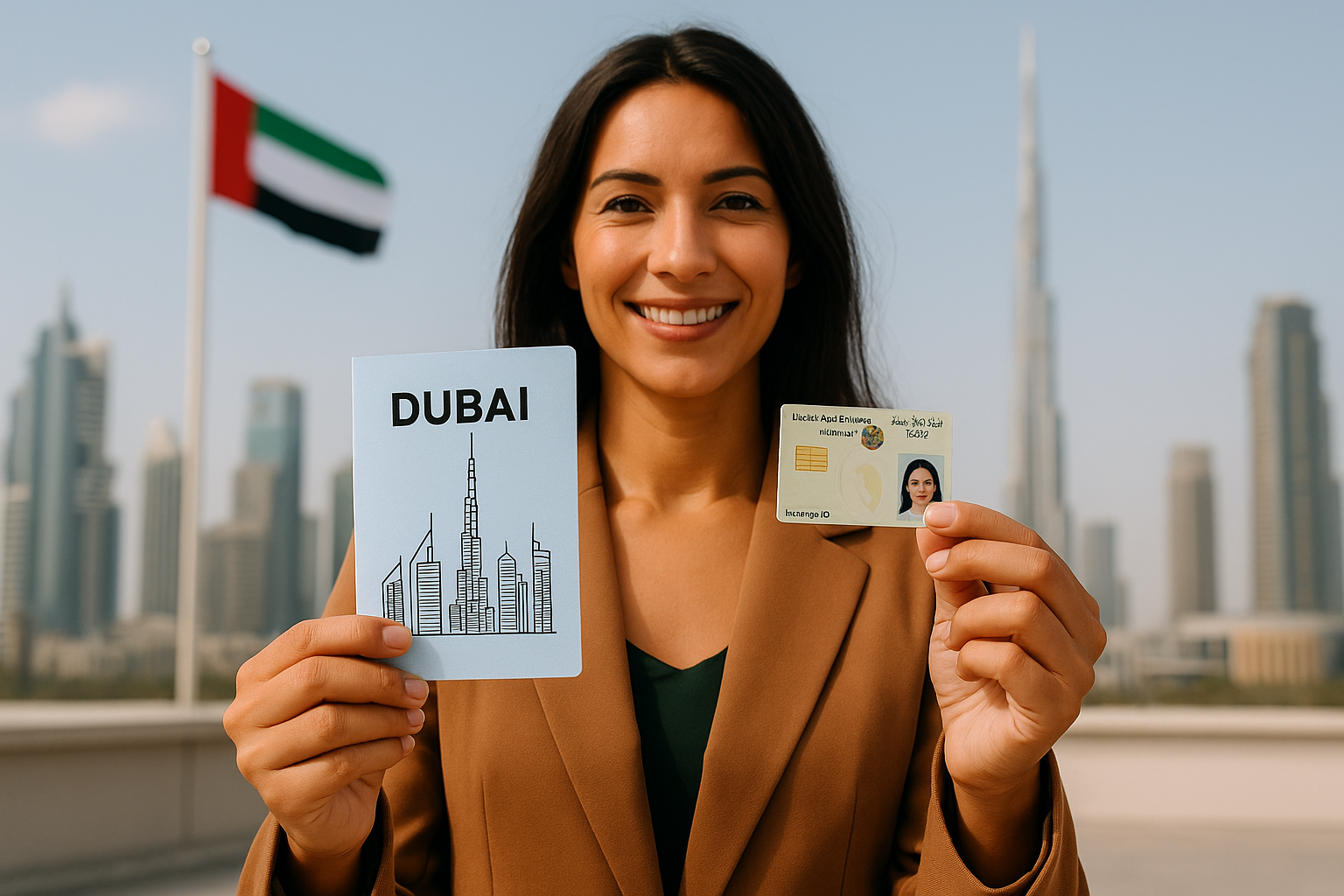Dubai Residency Visa: Everything you need to know about getting started
Relocating to Dubai? Securing your Dubai residency visa is the first and most important step before settling in. Alongside your Emirates ID, this visa is essential for living, working, and accessing services in the UAE. Here’s a simple breakdown of what you need to know.
Sponsorship options for your Dubai Residency Visa
Every Dubai residency visa must be sponsored. Depending on your situation, your sponsor could be:
– Your employer (work visa)
– A spouse or parent (family visa)
– Yourself, if you own a business in the UAE (Investor Visa)
Dubai Residency Visa Process: Step-by-Step
Once you receive your entry permit, the visa process typically includes:
– A medical fitness test at an approved clinic
– Applying for your Emirates ID
– Having your visa stamped into your passport
Where to get your medical test done
You’ll need to complete a medical fitness test as part of your Dubai residency visa process. There are several government-approved centres across the city.
If you’re moving to a family-friendly area like Tilal Al Ghaf, you’re in easy reach of some of the most reliable options:
- Smart Salem Centre, City Walk (fastest, by appointment)
- Medcare Medical Centre
- Nad Al Sheba Medical Fitness Centre
For a complete list of authorised clinics, refer to the UAE Government Portal.
How Much Does a Dubai Residency Visa Cost?
If your employer doesn’t cover visa costs, expect to pay between AED 1,000 and AED 2,500. This covers the medical exam, Emirates ID registration, and visa stamping.
Why the Emirates ID Matters
Once your Dubai residency visa is approved, your Emirates ID will follow — it’s your legal identity in the UAE. You’ll need it to:
– Open a bank account
– Register a mobile number
– Rent a property in Dubai
– Apply for a UAE driving licence
Your Emirates ID is also used for accessing government portals, healthcare, utilities setup, and day-to-day services. If your ID is delayed, you may face difficulty completing registrations, so keep your application receipt as proof while waiting.
Cards are typically available for collection at Emirates Post once issued, but you can track delivery status online.
How Long Is Your Dubai Residency Visa Valid?
Most visas are valid for 2 years, though some categories such as investors or Golden Visa holders may qualify for 3 to 10 years depending on eligibility.
Final Checklist for Your Dubai Residency Visa
– Make sure your passport is valid for at least 6 months
– Have your entry permit, Ejari contract, and any required medical insurance ready
– Ensure all documents match exactly — even minor spelling differences can cause delays
– Use the ICP Smart Services portal for faster, digital applications
– Submit your visa and ID application 1–2 weeks before your planned move-in date
– Keep both physical and digital copies of your visa and Emirates ID handy

